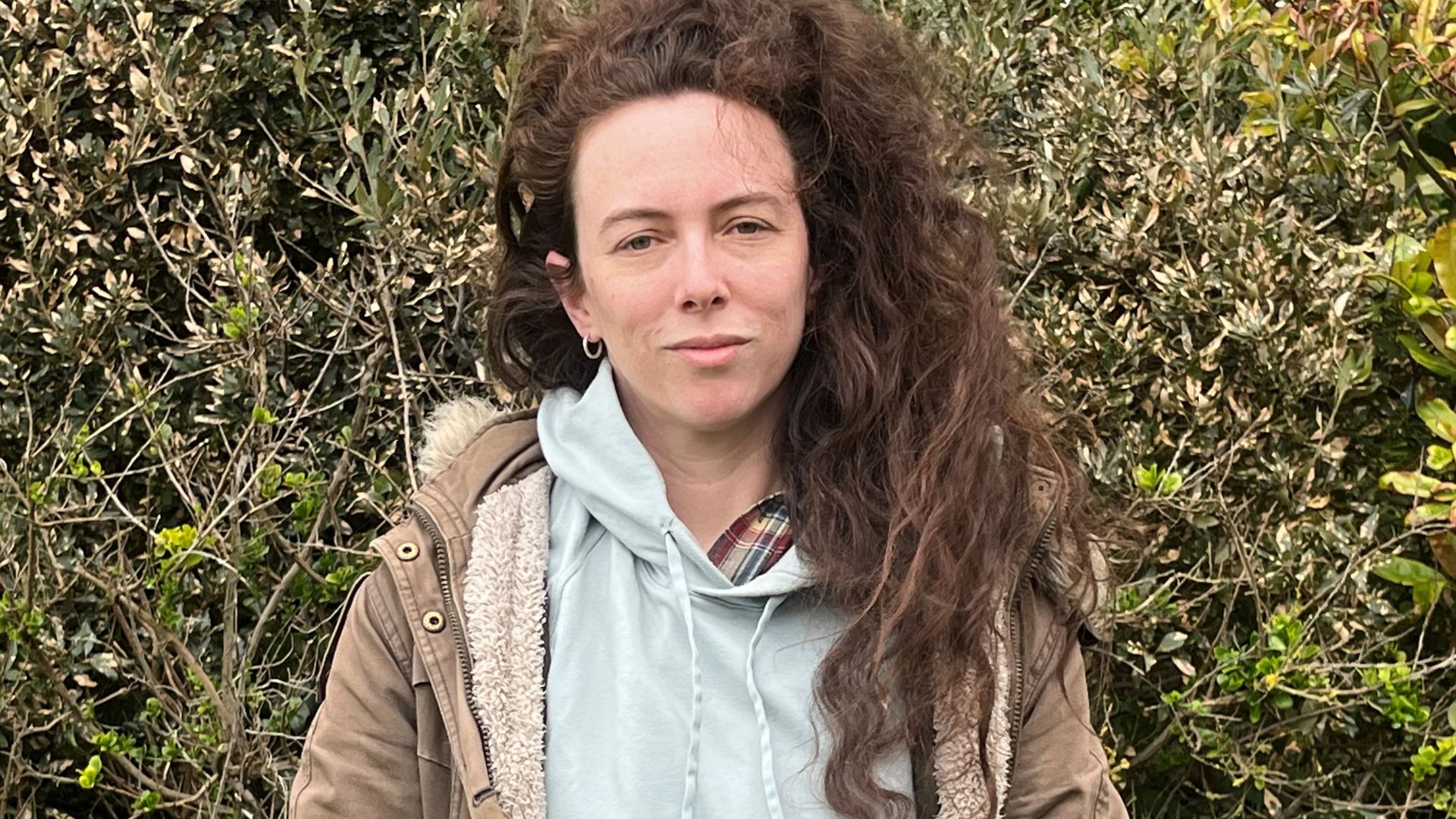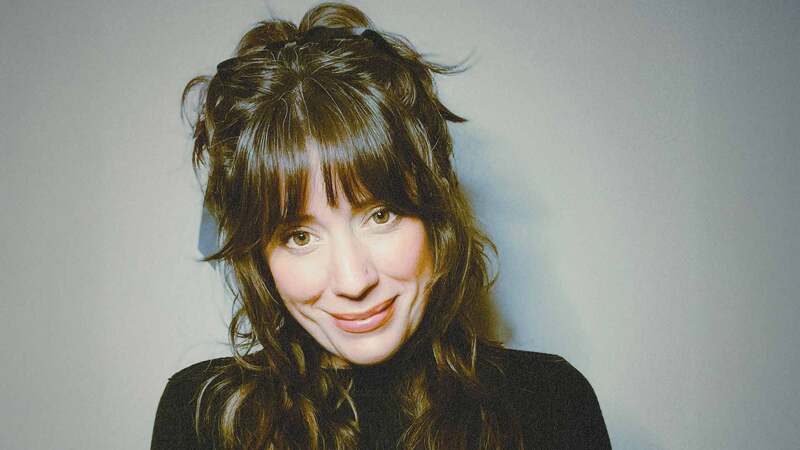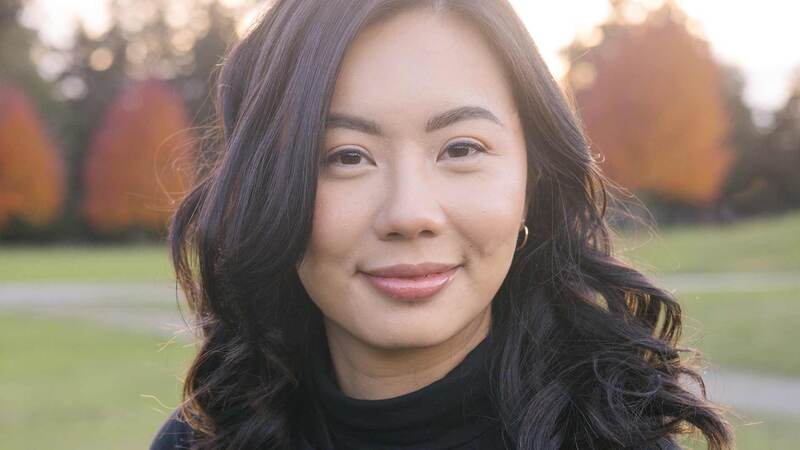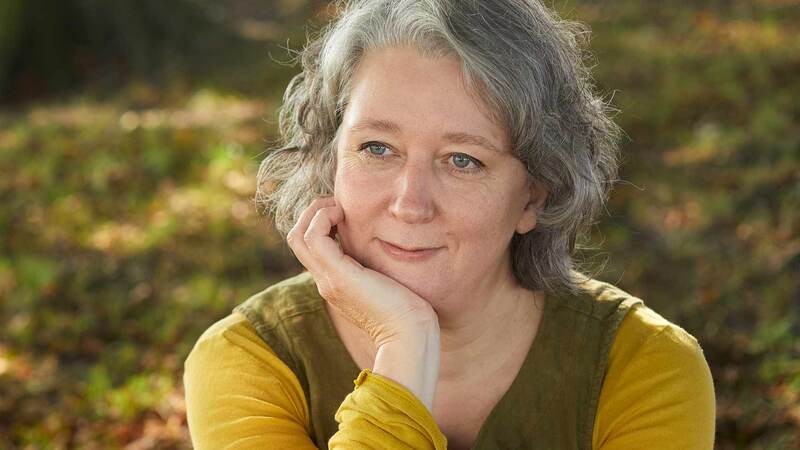You are viewing your 1 free article this month. Login to read more articles.
Allen Lane signs Lorna Finlayson’s case for child liberation
Allen Lane has acquired a “striking” new book on child liberation by Lorna Finlayson, entitled Child Liberation: The Oppression of Children and the Case for Change.
Hana Teraie-Wood, commissioning editor at Penguin Press, bought world all language rights from Sebastian Godwin at David Godwin Associates. The hardback edition will publish in the UK in spring 2026.
Child Liberation argues that children are an oppressed group, and asks readers to “break the consensus that children’s lives are not their own”. It poses questions such as why do we have compulsory schooling? Why can’t children vote? Why can children work some jobs and not others; and why do adults wield so much power over them? Are children really more emotional and irrational than adults?
The synopsis goes on: “With these questions gathering apace, as young people increasingly take part in ‘school strikes’ over issues from climate change to school dress codes, the time is ripe to explore child liberationist ideas and rediscover radical philosophies of childhood. With their help, we can glimpse other possible childhoods, and better worlds for all of us.”
Lorna Finlayson teaches at the University of Essex. She left school at 13, and has written about that experience and child liberationist ideas for the London Review of Books, New Statesman, and the Guardian. She is the author of two previous books, The Political is Political (Rowman & Littlefield Publishers) and An Introduction to Feminism (Cambridge University Press).
Finlayson said: “I’ve wanted to write this book since I was a child – so it’s about time. It’s also overdue in another sense. I think we have a bit of a collective mental block about childhood. We talk about it a lot, but often in quite conventional and uncritical ways, even within politically radical circles. If the idea of child liberation comes up at all, it’s reduced to caricature and summarily dismissed. This book argues that the dismissal is premature. It’s time we took child liberationism seriously – not only for children’s sake, but for everybody’s.”
Teraie-Wood commented: “Child Liberation reminds us that children are subject to legal and social discrimination, denied basic freedoms of movement and speech, and disproportionately likely to be in poverty and subjected to violence. Lorna’s philosophical arguments are illuminating and striking; they question our long-held beliefs. Her book will make us reconsider everything about the way we structure society: from schools, to prisons, to political systems and family relations.”
Godwin added: “Lorna’s writing about childhood, and the politics around it, challenges our society’s most ingrained ideas and norms. Both those who are familiar with Lorna’s work and those new to it will surely be gratified by the opportunity to read her line of thought in a more extended form, as she unpacks her arguments with an eloquent urgency. This book cannot fail to change the way we think about childhood and has found the perfect home at Allen Lane.”




















